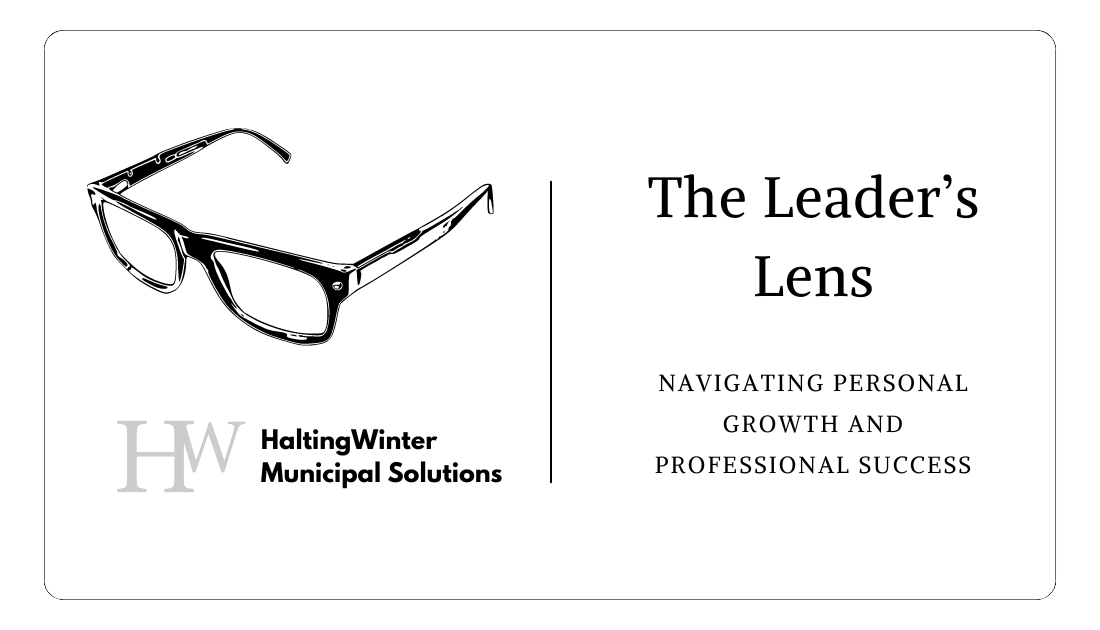Municipal Leaders: Develop Faster, Lead Stronger, Build Better

Every week, you’ll get insights and actionable steps to help you navigate personal growth and professional success.

Welcome to day four of our deep dive into “Thanks for the Feedback” by Douglas Stone and Sheila Heen. Today, we’re focusing on a game-changing skill for city managers: becoming a masterful receiver of feedback. This ability can turn even the most challenging criticism into valuable insights for your municipality.
As leaders in the public eye, you’re no stranger to feedback – both solicited and unsolicited. The key to leveraging all input for growth lies not in the giving, but in the receiving. Let’s explore how to shift from a defensive stance to one of curiosity and learning.
The Challenge: It’s easy to fall into the trap of seeing feedback as a performance evaluation rather than a learning opportunity.
The Shift: Approach each piece of feedback as a chance to gain new perspectives on your city’s operations and your leadership.
Practical Application:
The Challenge: Often, we react to what we assume is the feedback giver’s intent, rather than the actual content of their message.
The Shift: Separate the impact of the feedback on you from the assumed intentions of the giver.
Practical Application:
The Challenge: Constant exposure to criticism can wear down even the most thick-skinned leader.
The Shift: Build your capacity to engage with difficult feedback without becoming defensive or discouraged.
Practical Application:
The Challenge: Often, the feedback you receive is vague or not particularly helpful.
The Shift: Take an active role in shaping the feedback you receive to make it more specific and actionable.
Practical Application:
The Challenge: Not all feedback is created equal, and trying to act on every piece of input can be overwhelming and counterproductive.
The Shift: Develop a system for evaluating and prioritizing the feedback you receive.
Practical Application:
Becoming a skilled receiver is just the first step. To truly leverage feedback for municipal success, consider implementing this feedback integration loop:
This week, focus on improving your receiving skills. When you get a piece of feedback, practice asking two follow-up questions to deepen your understanding before responding.
Share your experiences or questions in the comments on our LinkedIn post. You can find me on LinkedIn here or our company page, HaltingWinter, here. What’s the most valuable piece of feedback you’ve received recently, and how did your receiving skills impact your ability to use it?
Remember, as a city manager, your ability to receive and integrate feedback effectively sets the tone for your entire organization. By mastering this skill, you’re not just improving your own leadership – you’re fostering a culture of openness, growth, and collaboration that can transform your entire municipality.
Stay tuned for tomorrow’s final post in this series, where we’ll tie everything together and provide a roadmap for implementing these feedback strategies in your day-to-day operations. And don’t miss this week’s podcast episode, “Feedback Revolution: Transforming City Hall Conversations,” for more insights on mastering the art of feedback in municipal leadership.
Seth Winterhalter is President of HaltingWinter Municipal Solutions, dedicated to making stronger cities through stronger leaders. Through executive coaching, consulting, and the Municipal Leadership Development Circle (MLDC), HaltingWinter helps city managers and municipal leaders transform their leadership impact and their organizational culture.